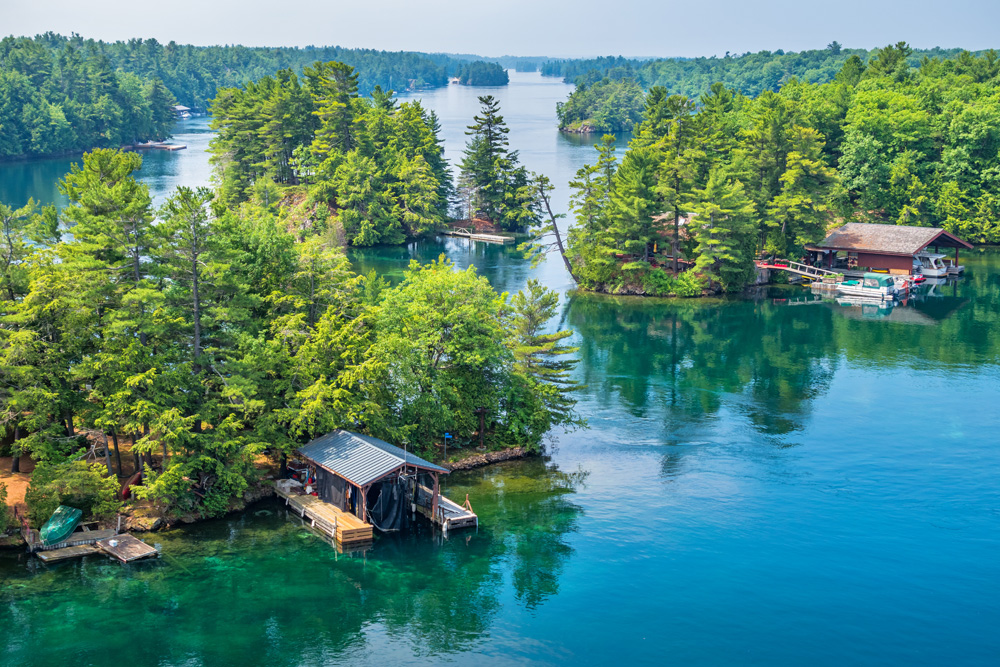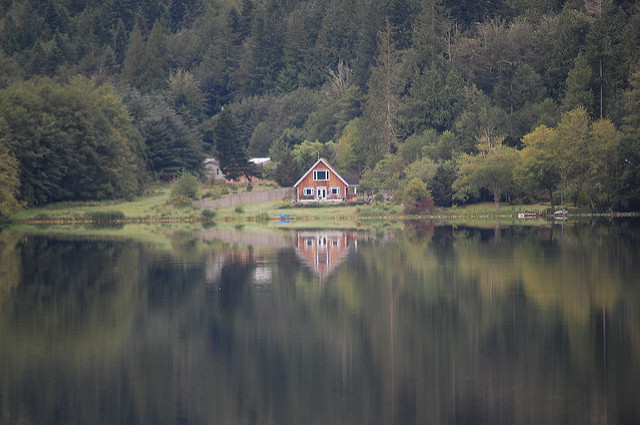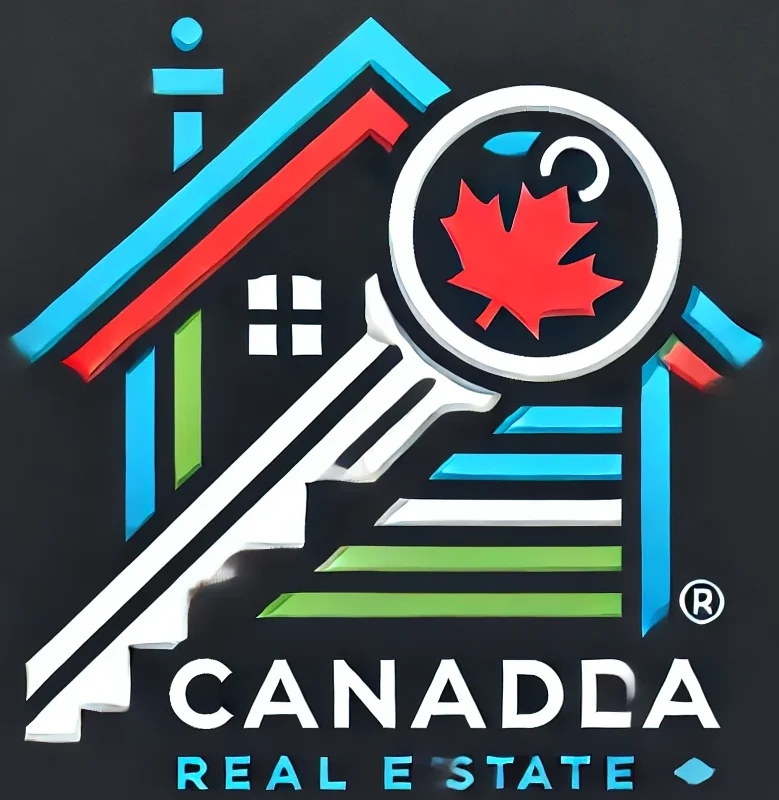Owning a vacation property in Canada is a dream for many, offering a personal retreat and the potential for rental income. However, buying a vacation home requires careful planning and consideration. From choosing the right location to understanding regulations and costs, this guide provides essential tips to help you find the perfect vacation property in Canada.

Choosing the Right Location
Location is the most critical factor when purchasing a vacation property. The ideal location will depend on your lifestyle preferences, intended use, and investment goals. Here are some popular regions to consider:
1. Coastal Properties in British Columbia
With stunning ocean views, mild weather, and access to outdoor activities, locations like Tofino, the Gulf Islands, and Kelowna are highly desirable. These areas are perfect for buyers seeking a mix of relaxation and adventure.
2. Cottage Country in Ontario
The Muskoka and Kawartha Lakes regions are renowned for their picturesque lakes and family-friendly atmospheres. These areas are ideal for water enthusiasts and those looking for a serene escape close to major urban centers.
3. Mountain Retreats in Alberta and British Columbia
Destinations like Banff, Canmore, and Whistler offer year-round appeal with skiing, hiking, and breathtaking landscapes. Mountain properties are perfect for those who love outdoor activities and winter sports.
4. Coastal and Rural Escapes in Atlantic Canada
Nova Scotia, Prince Edward Island, and New Brunswick provide charming coastal villages, affordable properties, and a slower pace of life. These areas are excellent for buyers seeking affordability and a connection to nature.
5. Prairie Getaways in Manitoba and Saskatchewan
For those looking for tranquility and affordability, prairie provinces offer wide-open spaces, lakes, and rural charm. Locations such as Riding Mountain National Park and Waskesiu Lake are worth exploring.
When choosing a location, consider factors such as proximity to amenities, transportation options, seasonal accessibility, and the area’s potential for property appreciation.

Understanding Regulations and Zoning
Vacation properties are subject to specific regulations, which can vary widely by province and municipality. It’s crucial to research local rules to avoid complications. Key areas to focus on include:
1. Zoning Laws
Ensure the property’s zoning aligns with your intended use. Some areas may restrict short-term rentals, while others may have specific rules for waterfront or rural properties.
2. Taxes and Fees
Understand the tax implications of owning a vacation home, including property taxes, capital gains taxes, and any additional fees such as land transfer taxes or foreign buyer taxes (if applicable). Some provinces, like British Columbia, have a Speculation and Vacancy Tax for non-resident owners.
3. Short-Term Rental Regulations
If you plan to rent out your vacation home, check local short-term rental regulations. Some municipalities require permits, have limits on rental durations, or prohibit short-term rentals altogether.
4. Environmental Restrictions
Properties near water bodies or in environmentally sensitive areas may be subject to additional restrictions to protect natural resources. These can impact renovations, expansions, or the construction of docks and other structures.
Budgeting for a Vacation Property
Purchasing a vacation home involves more than just the purchase price. Be prepared for additional costs such as:
- Insurance: Vacation properties often require specialized insurance, especially in areas prone to flooding, storms, or wildfires. Premiums can be higher than for primary residences.
- Maintenance: Seasonal properties may require ongoing maintenance, such as snow removal, landscaping, or winterizing.
- Utilities and Services: Consider the costs of utilities, internet, and other services, which may be higher in remote locations.
- Furnishings: If the property is unfurnished, budget for furniture and appliances to make it rental-ready or comfortable for personal use.
It’s also wise to set aside funds for unexpected repairs and emergencies, especially for older properties.
Financing a Vacation Home
Financing a vacation property can be more complex than a primary residence. Lenders often have stricter requirements for second homes, including larger down payments and higher interest rates. Some tips for securing financing include:
- Check Mortgage Options: Some lenders offer vacation property-specific mortgage products. Explore these options to find the best terms.
- Consider Rental Income: If you plan to rent out the property, include potential rental income in your financial planning. However, ensure this aligns with the lender’s requirements.
- Evaluate Affordability: Ensure you can comfortably cover mortgage payments, taxes, and maintenance without relying solely on rental income.
Making the Most of Your Vacation Property
Once you’ve purchased your vacation home, there are several ways to maximize its value and enjoyment:
- Personal Use: Create a schedule to enjoy the property during peak seasons, while leaving room for potential rental periods if desired.
- Rentals: Renting out your property when you’re not using it can offset costs. Work with a property management company to handle bookings, maintenance, and guest inquiries.
- Upgrades: Invest in upgrades such as energy-efficient systems, modern furnishings, or outdoor amenities to enhance the property’s appeal and rental potential.
- Community Engagement: Get involved in the local community to make the most of your experience and build connections with neighbors and businesses.

Conclusion
Buying a vacation property in Canada is an exciting opportunity to create a personal retreat, generate rental income, and invest in a potentially appreciating asset. By carefully selecting the location, understanding local regulations, budgeting wisely, and planning for ongoing responsibilities, you can find the perfect vacation home that meets your needs and enhances your lifestyle. With the right preparation and research, owning a vacation property can be a rewarding and enjoyable experience.

